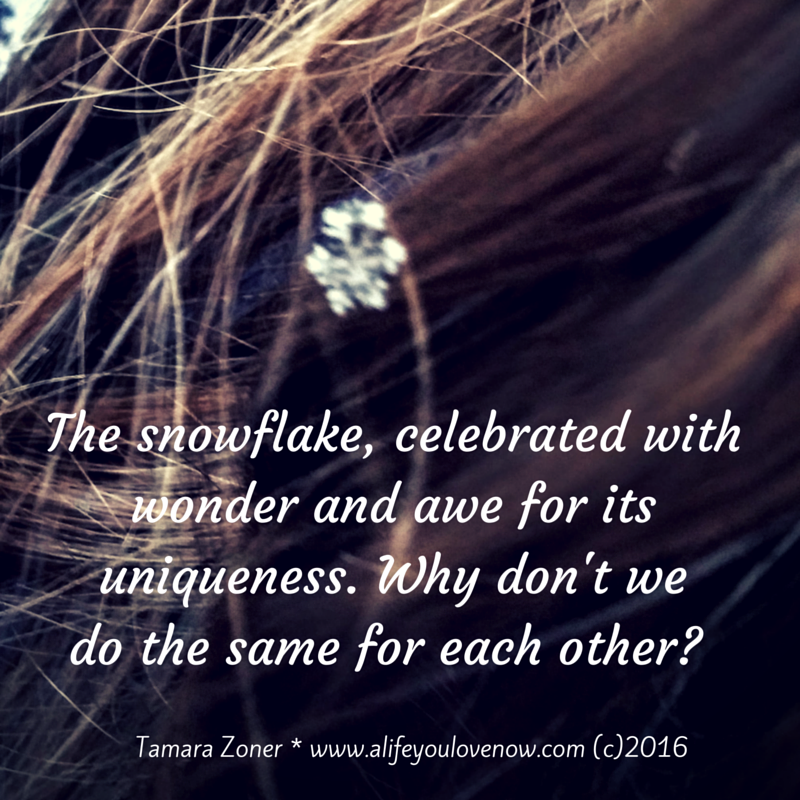The Ripple Effect of Happy Parents on their Kids & the World
As parents, we all want to raise happy, healthy, and well-adjusted children. While this responsibility may seem daunting at times, there is a powerful tool that can significantly impact our children's lives: our own happiness. Numerous studies have highlighted the profound effect a happy parent can have on their kids, shaping their emotional well-being, behavior, and overall outlook on life.
I've seen it firsthand. Years ago, I was an angry woman, taking out my unhappiness on my young children, often in the form of a short-temper and a lot of yelling. The result was bickering children and tons of whining. When I began to take more responsibility for my happiness, and chose to work on taking better care of my physical and emotional health, and began speaking with loving kindness and respect to my kids, everything shifted. They got along better, listened to me, and responded with respect. Our family life became more harmonious overall. This has continued into their teen years and I am frequently grateful for the incredible relationships that I have with my 3 teenagers. They love spending time with me and we have fun as a family.
Just the other day, 2 of my 3 kids were accompanying me to pick up my groceries just to spend a few extra minutes with me!!! I told them how lucky I felt to have such great kids and my youngest, who turns 14 in September, said, "That's because you're such a great mom!" I mean, come on!!!! It doesn't get much better than that.
I have a firm belief that we can create a better world, one happier person at a time. It starts with each one of us individually and then it spreads; it's a ripple effect. Our impact on our kids extends far beyond us, so the more positive of an impact we have, the better, don't you think?
Here are just 3 (of SO many!) ways that our happiness affects our children:
Emotional Well-Being: Children are highly attuned to their parents' emotions, often mirroring their feelings and reactions. When a parent embodies happiness and positivity, it creates a warm and nurturing environment at home. As kids witness their parents' contentment and joy, they learn that happiness is possible and a natural part of life. This fosters emotional well-being in children, promoting resilience and a positive outlook on life's challenges.
Enhanced Parent-Child Bond: The emotional bond between a parent and child is crucial for a child's development. A happy parent tends to be more emotionally available and responsive, creating a secure attachment with their children. This strong bond lays the foundation for healthy relationships, higher self-esteem, and better communication between parent and child. When you start practicing happiness in their younger years and form these healthy bonds, it creates the foundation for solid, secure & respectful relationships with your kids through the hormonal and often tumultuous teen years!
Reduced Stress: Parenting can be challenging, and stress is an inevitable part of the journey. However, happy parents are better equipped to manage stress effectively. By practicing the skills and tools of happiness, parents cultivate patience and composure, reducing the likelihood of parental burnout and creating a calmer and more harmonious family environment. Plus, as we show our kids to manage stress, they learn vital techniques and tools to get them through to adulthood and beyond.
The effect of a happy parent on their kids is profound and reaches far beyond the household. A parent's happiness sets the tone for the entire family, influencing their children's emotional development, behavior, academic & social success, and overall well-being. By prioritizing their own happiness and emotional health, parents can create a supportive and loving home environment, fostering positive growth and empowering their children to lead fulfilling lives. Remember, as parents, our happiness is a precious gift we can give to our children and ourselves.
If you’re ready to boost and build your own happiness, join me for a free, LIVE, 3-day Training to lower stress and increase joy Augst 7 -9!! Live in my private Facebook group OR you can join me in the Zoom Room!




